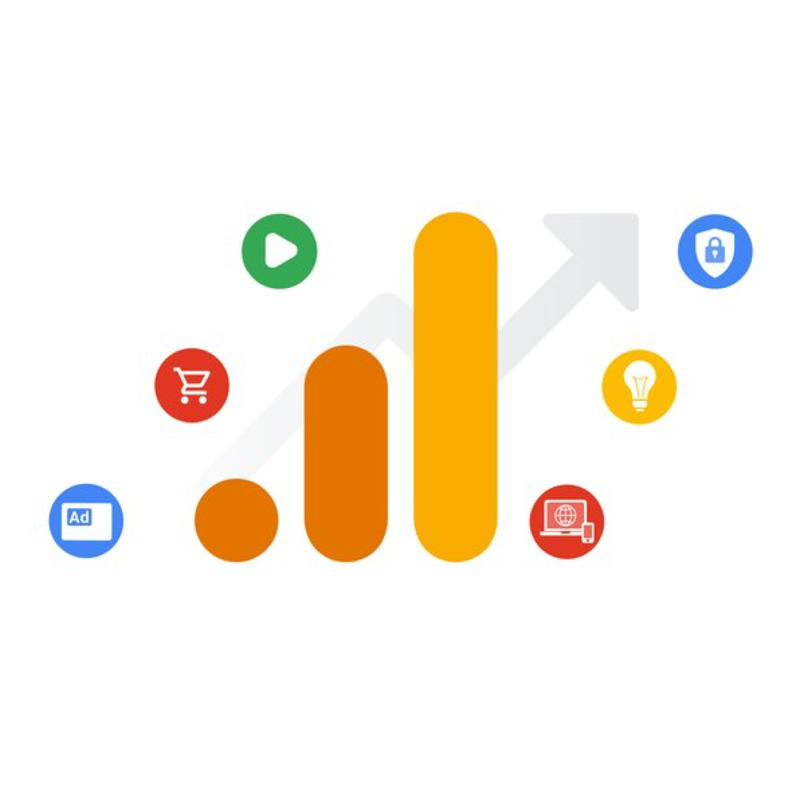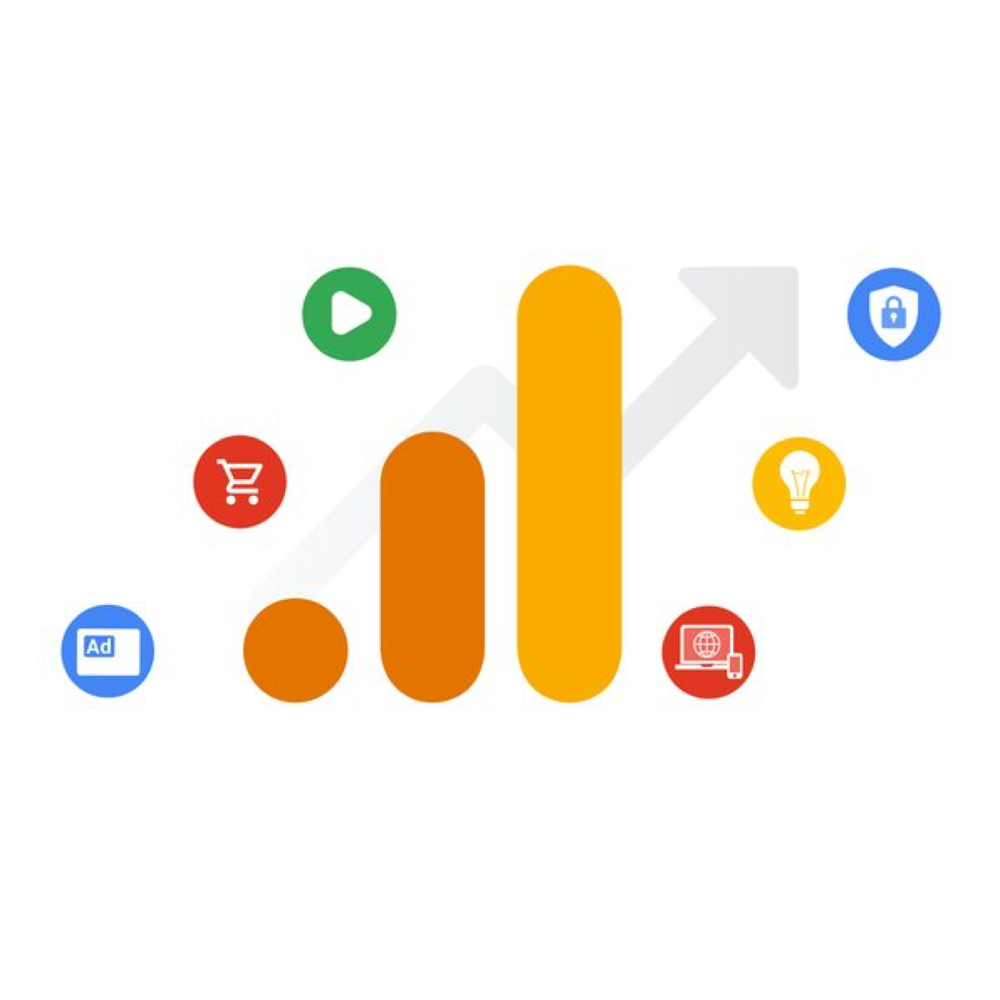
Google Analytics 4
Google Analytics 4 has been available for some time. Google recently announced that support for Universal Analytics will end on July 1, 2023. This has serious consequences for you as a user.

Google Analytics 4 has been available for some time. Google recently announced that support for Universal Analytics will end on July 1, 2023. This has serious consequences for you as a user.
According to Google, the current Universal Analytics is insufficiently prepared for the future, because increasingly higher demands are being made in the field of privacy. With Google Analytics 4, Google wants to give users more insight into the customer journey of customers on the one hand and to better meet the requirements regarding user privacy on the other. With a new way of measuring that focuses more on customer behavior, Google hopes to continue to operate optimally in an ever-changing market.

Where Universal Analytics was still dependent on cookies and used an event-driven data model for measurements, Google Analytics 4 works cross-platform. It is based on events and parameters. To meet the new privacy requirements, IP addresses are no longer stored.
Google Analytics 4 takes into account individual users interacting with a business, rather than the devices and browsers. This makes it easier to follow a user's path.
Reports are organized around the customer cycle. These customer lifecycle reports provide a more complete picture of how customers behave across channels and devices towards your business.
Machine learning will play a greater role, allowing predictions to be made. This way, users are more quickly and better informed about trends, such as increasing demand for a product, expected turnover or the number of expected customers dropping out.
Because everything in Google Analytics 4 is designed in a more minimalist way, it is easier to use. Data is clearly displayed in graphs, instead of in tables. The number of possible reports has been reduced from 150 to 30 and creating an account has been simplified.
Setting up and creating target groups for visitors on your own website and in your own app has become easier due to the improved target group integration with Google Ads.
A number of features from Universal Analytics have not been returned in Google Analytics 4. These include: bounce rate, site speed reporting and integration with Google Optimize.
Google Analytics 4 is built on a new data model that is fundamentally different from the old one. It is therefore not possible to transfer Universal Analytics one-to-one to Google Analytics 4. No historical data is included from Universal Analytics. Everything will have to be reorganized. For example, consider setting up conversions.
As of July 1, 2023, the current Universal Analytics will be replaced by Google Analytics 4. As described on the Google Analytics support page, this has the following consequences:
Because Google Universal will no longer be available in the future, it is necessary to switch to Google Analytics 4. We recommend creating and setting up a Google Analytics 4 property no later than June 30, 2022. This way you can make a comparison with data from the previous year. It is recommended that you first export and enter the old data while you are still using Universal Analytics, before you fully get started with Google Analytics 4.